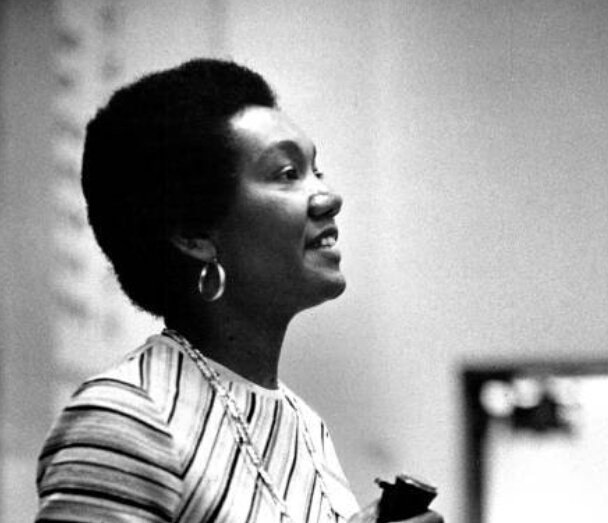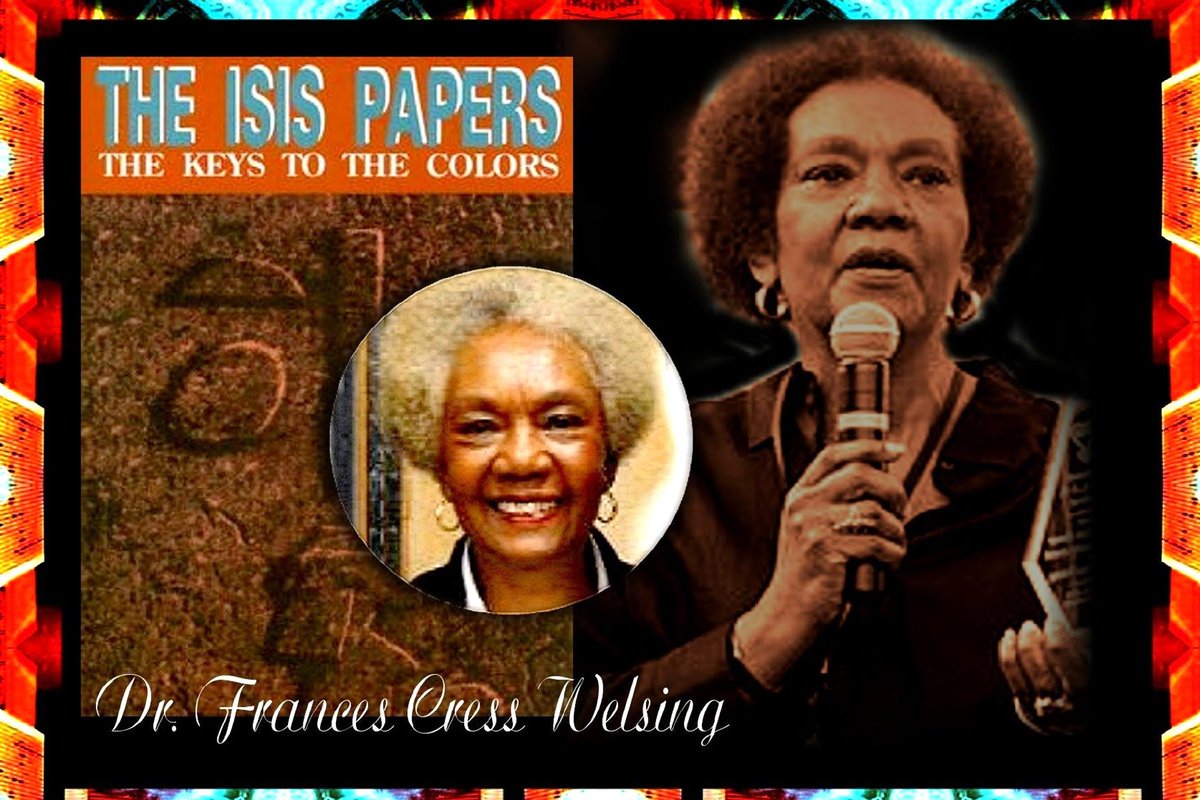When I read Amiri & Amina Baraka’s 1987 *The Music: Reflections on Jazz & Blues* — published the year I began writing professionally — what most affected me were not their contemplations on Miles Davis, Max Roach, and other great artists. 

What captivated me was Amiri Baraka’s depiction of his struggle, as a jazz writer in the 1960s, to rescue “The Music” from the cultural domination of white critics.
It was holographic to me, in the way it anteceded my own endeavors to do the same work around hip-hop culture.
It was holographic to me, in the way it anteceded my own endeavors to do the same work around hip-hop culture.
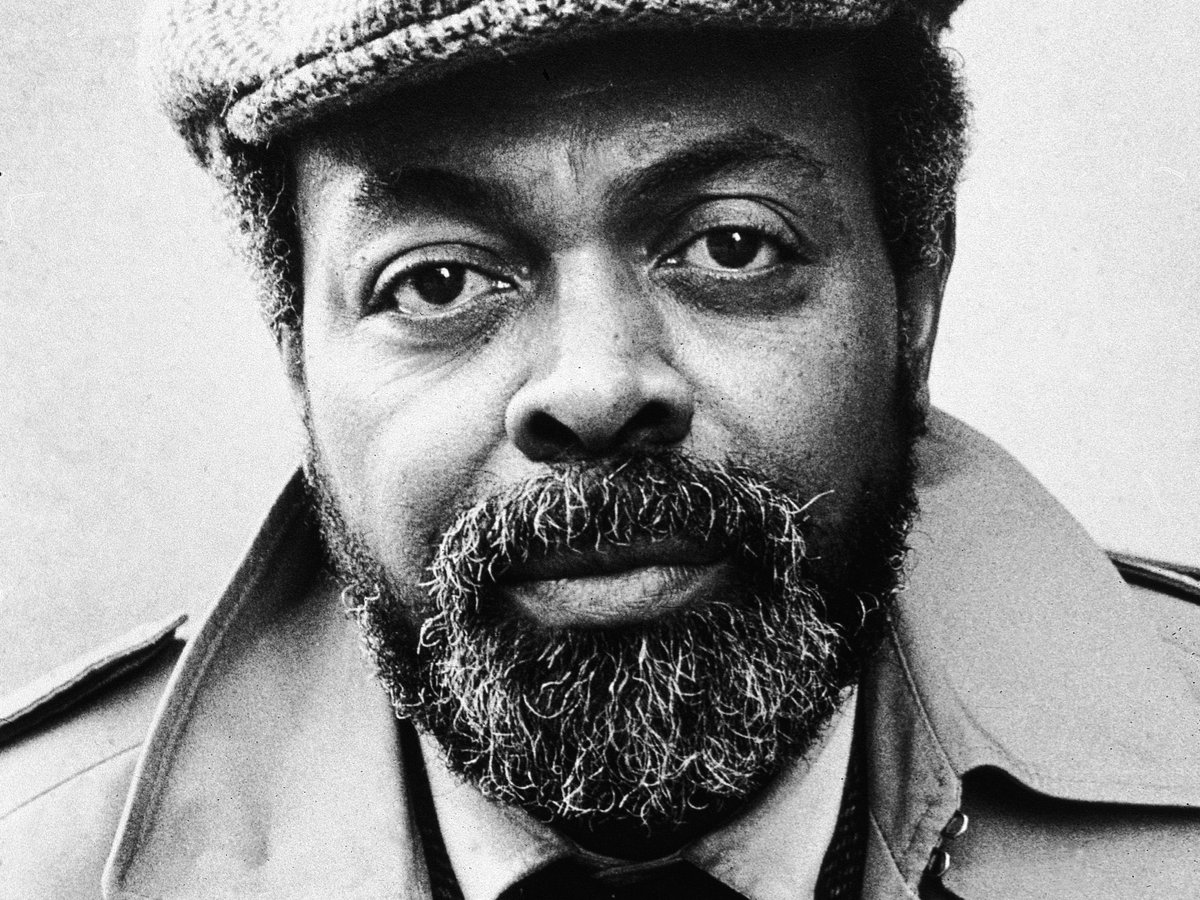
This is work which I have, for the most part, majestically failed.
So, as a writer, what I find most remarkable about the @nytimes’ “50 Rappers, 50 Stories” feature , by @JonCaramanica and @JoeCoscarelli, isn’t the amazingly deep and broad coverage, or … https://t.co/vE4ohRYWZzbit.ly/50X50

So, as a writer, what I find most remarkable about the @nytimes’ “50 Rappers, 50 Stories” feature , by @JonCaramanica and @JoeCoscarelli, isn’t the amazingly deep and broad coverage, or … https://t.co/vE4ohRYWZzbit.ly/50X50
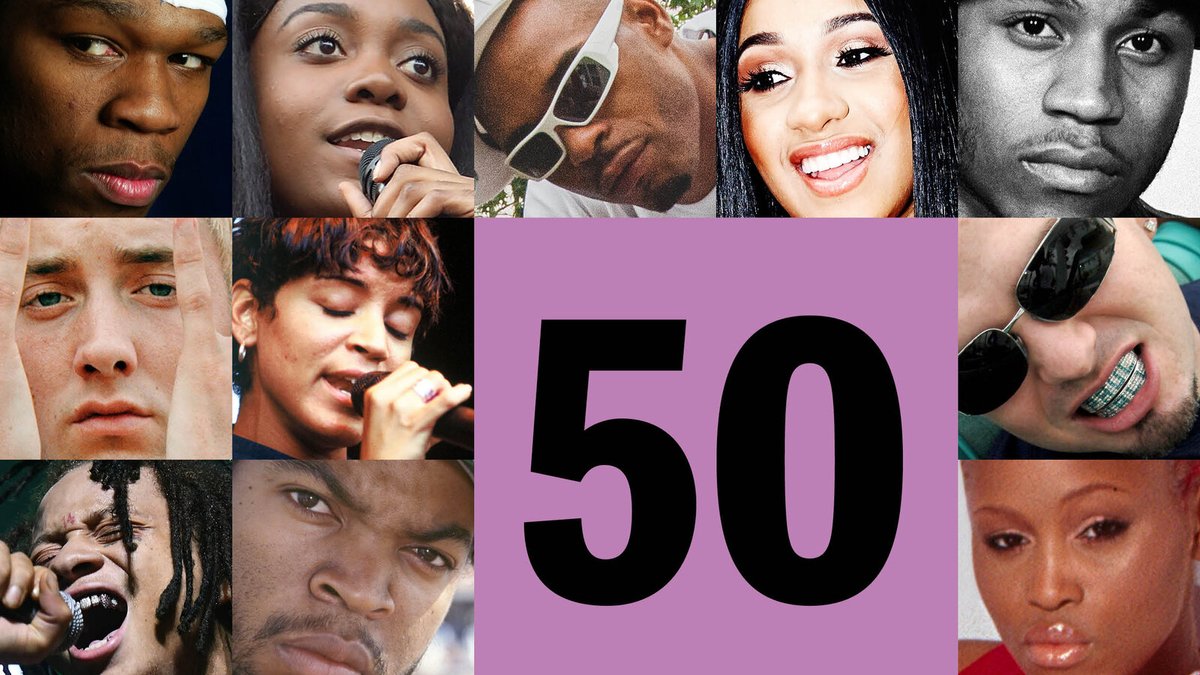
… the hypertextual contexture the Times delivers with its immense resources.
It isn’t the ongoing affirmation of rappers — great artists — during this semicentennial recollection of Kool Herc’s innovations.
His was a breakthrough, via DJing, in musical instrumentality.
It isn’t the ongoing affirmation of rappers — great artists — during this semicentennial recollection of Kool Herc’s innovations.
His was a breakthrough, via DJing, in musical instrumentality.
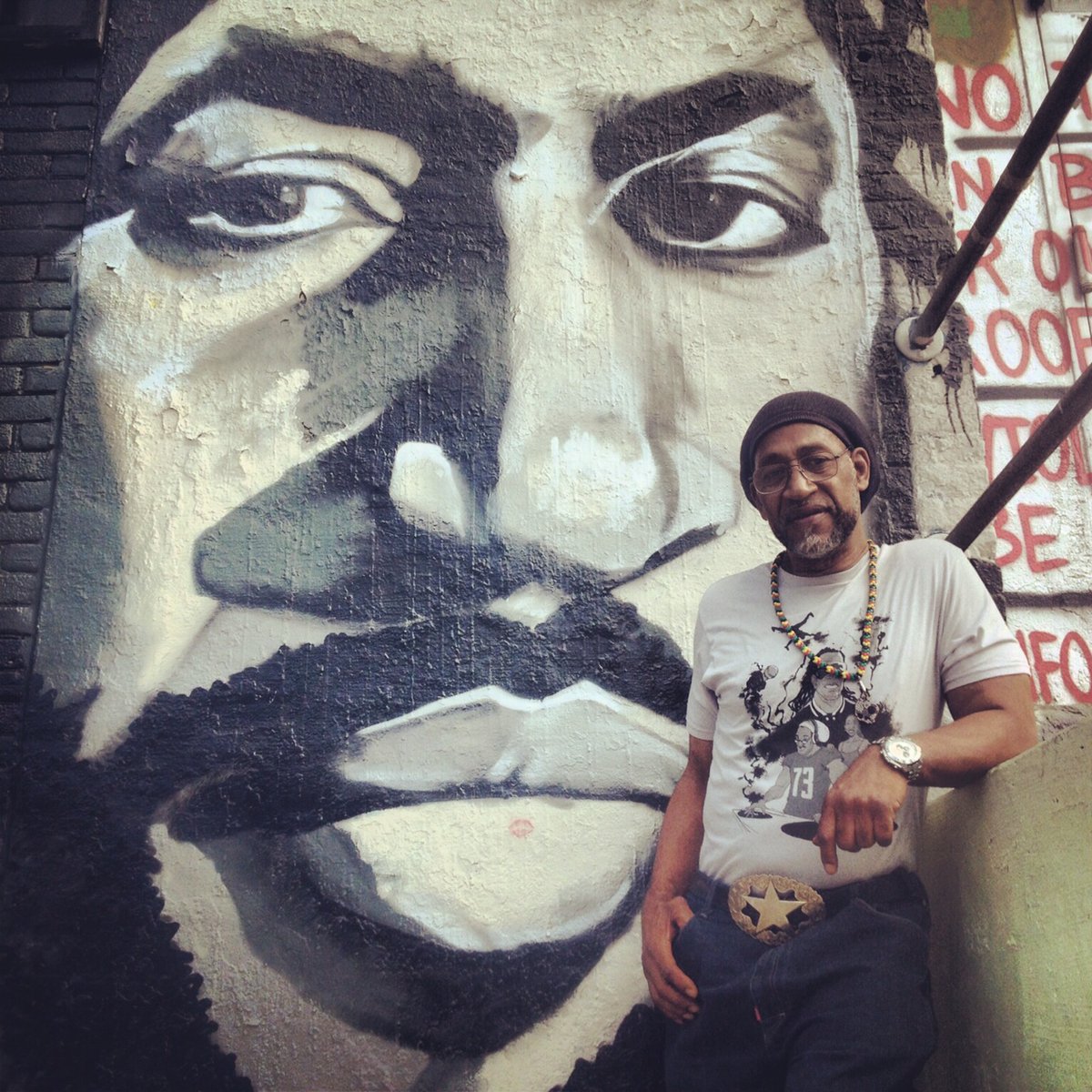
His was an astonishing revolution in revolutions; both literally / figuratively. Though this fact continues to be dramatically lost and deemphasized during the hyping of “hip-hop’s 50th anniversary,” I’m confident the Times’ “50 DJs, 50 Stories” feature will shortly follow. 

(So will my own “The Way of the DJ” town hall event, in 2024.)
In fact, what I find most remarkable is this: In the global paper of record, based in the city where hip-hop cohered, really capable white guys dominate rap coverage.
Think about that quietly, for a moment.


In fact, what I find most remarkable is this: In the global paper of record, based in the city where hip-hop cohered, really capable white guys dominate rap coverage.
Think about that quietly, for a moment.


It means oversight of this Black cultural form by Black people at the NY Times is a *future event*, to take place, at best, after a half-century. This, much as, more than a half-century after white men walked on the moon, a Black person doing so is, at best, a *future event*. 

This white oversight is executed, seemingly, w/o irony; without even a nod toward a question of the relevant optics.
It’s done, apparently without an inquiry into whether such ensconcing of white men affirms — to use a term that didn’t exist when I was reading *The Music*, …
It’s done, apparently without an inquiry into whether such ensconcing of white men affirms — to use a term that didn’t exist when I was reading *The Music*, …
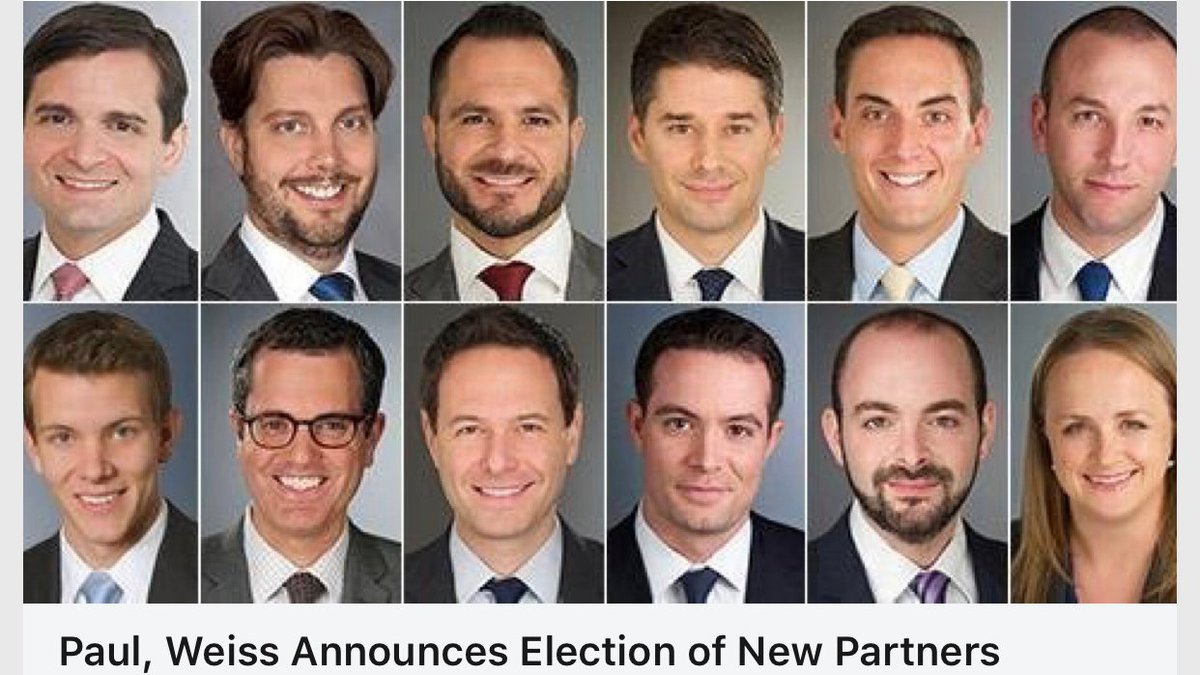
… or, certainly, when Baraka was acting it out — cultural appropriation.
Said another way: In 2002’s “White America,” @Eminem, one of the Times' 50 rappers, of course, famously stated:
“Let’s do the math: If I was Black, I would’ve sold half.”
Said another way: In 2002’s “White America,” @Eminem, one of the Times' 50 rappers, of course, famously stated:
“Let’s do the math: If I was Black, I would’ve sold half.”

That couplet, from the most overrated m.c. in rap history — 100%, by his own estimate; see above — shows more critical self-reflection than I have ever seen the @nytimes evoke, via any racial autocritique in this cultural area. As KRS-One — not in the Times — said, "Why is that?" 

Some may dumbly read this as sour grapes over the fact I've never written for the @NYtimes, and/or wasn't included amongst Black writers who worked on this amazing feature — i.e., @Jpdabrams, @ElenaBergeron, Jayson Buford, @MarcusJMoore, @Wesley_Morris, Keith Murphy, and @uugwuu. 

It's not, and, if it was, it would be beside the point.
Further, I'd request, as opposed to guessing at my mental states, thoughtful readers, instead, widely answer this question:
What does it mean when white people oversee the historical documentation of Black art & culture?
Further, I'd request, as opposed to guessing at my mental states, thoughtful readers, instead, widely answer this question:
What does it mean when white people oversee the historical documentation of Black art & culture?
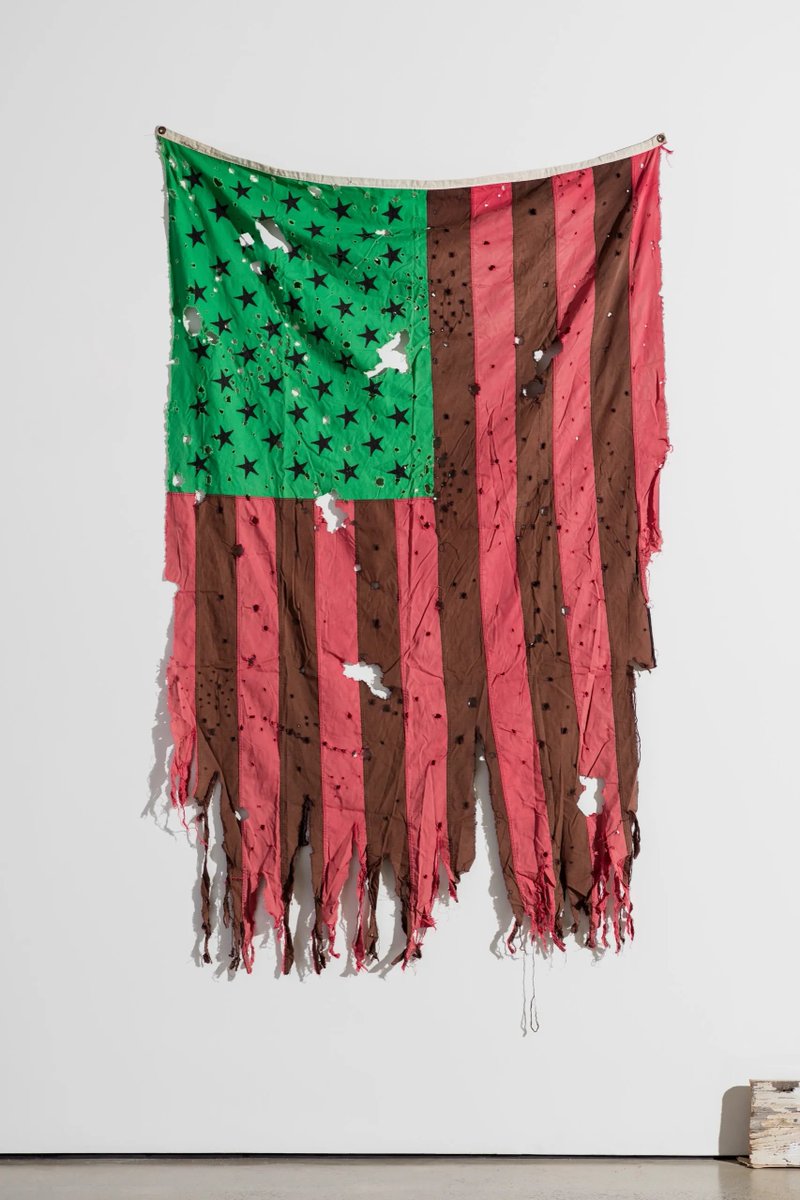
This is not a question that should — or can — be answered once, then be done with.
This is not a question to be addressed every decade or so, like a white, “How Am I Doin'?” survey.
This is not a question to be addressed every decade or so, like a white, “How Am I Doin'?” survey.

Instead, this issue should be raised and answered continuously, repeatedly, like a pressure gauge reads states within the contents of a pressure cooker.
This subject calls for an inquiry; a plebiscite. It deserves a reckoning.
This subject calls for an inquiry; a plebiscite. It deserves a reckoning.

• • •
Missing some Tweet in this thread? You can try to
force a refresh



